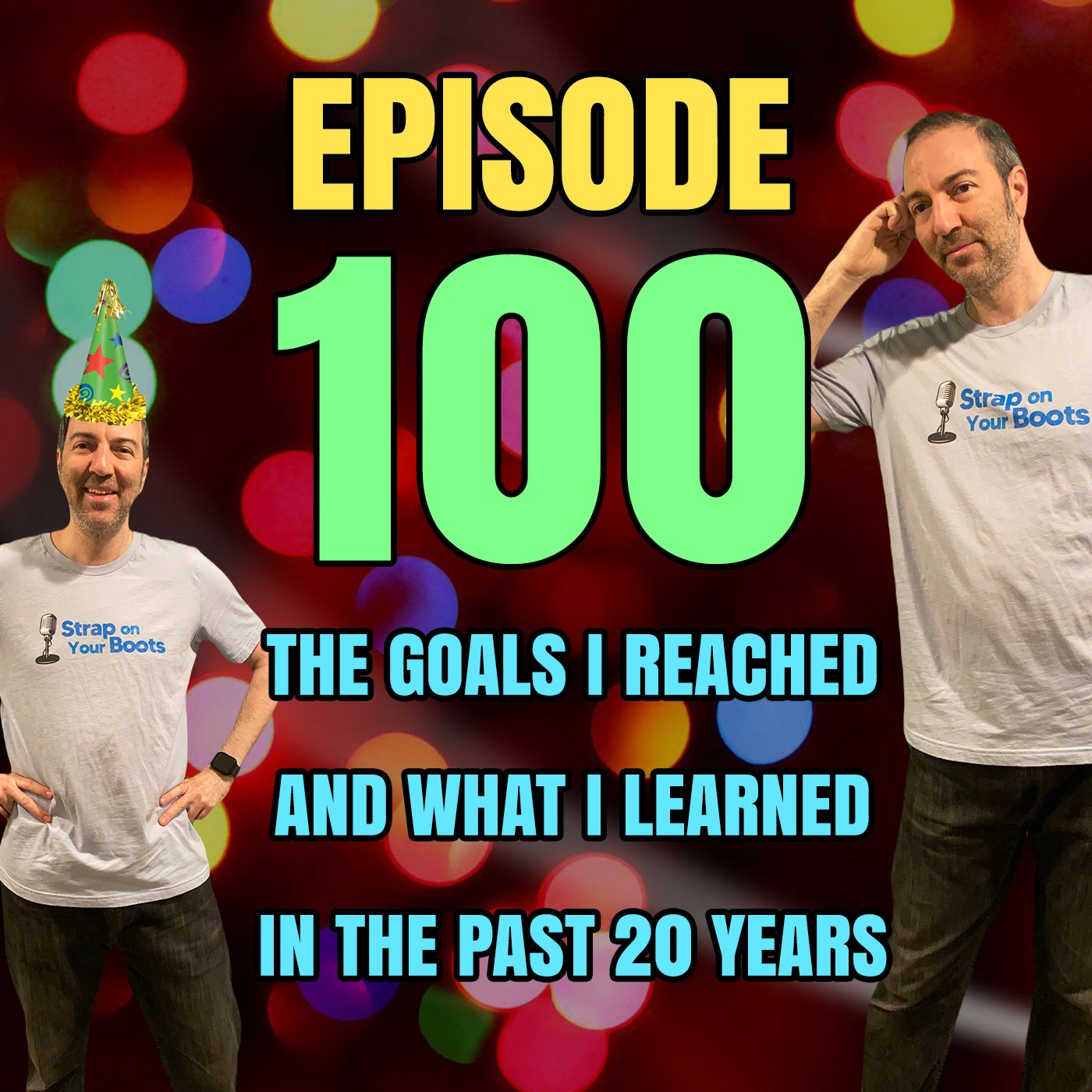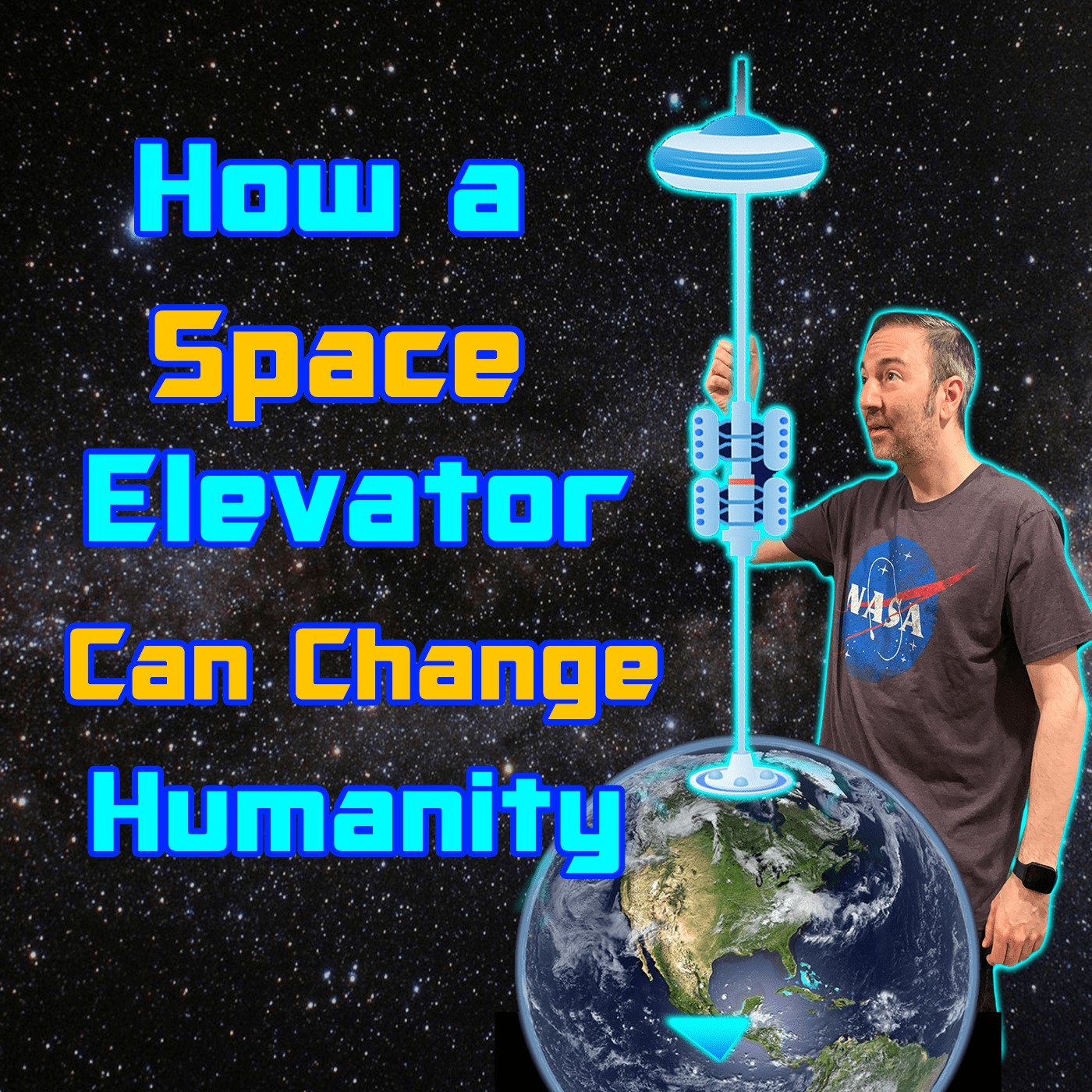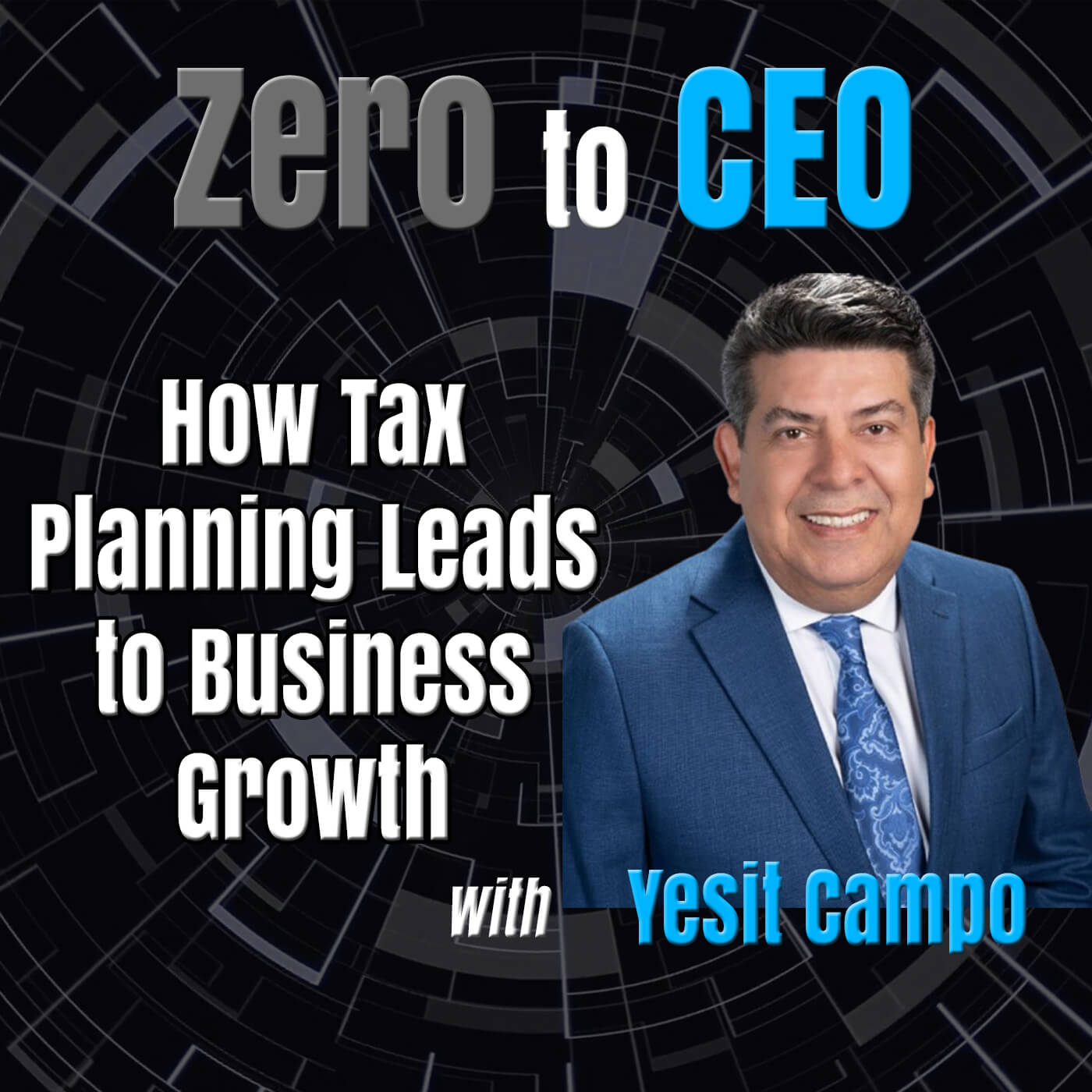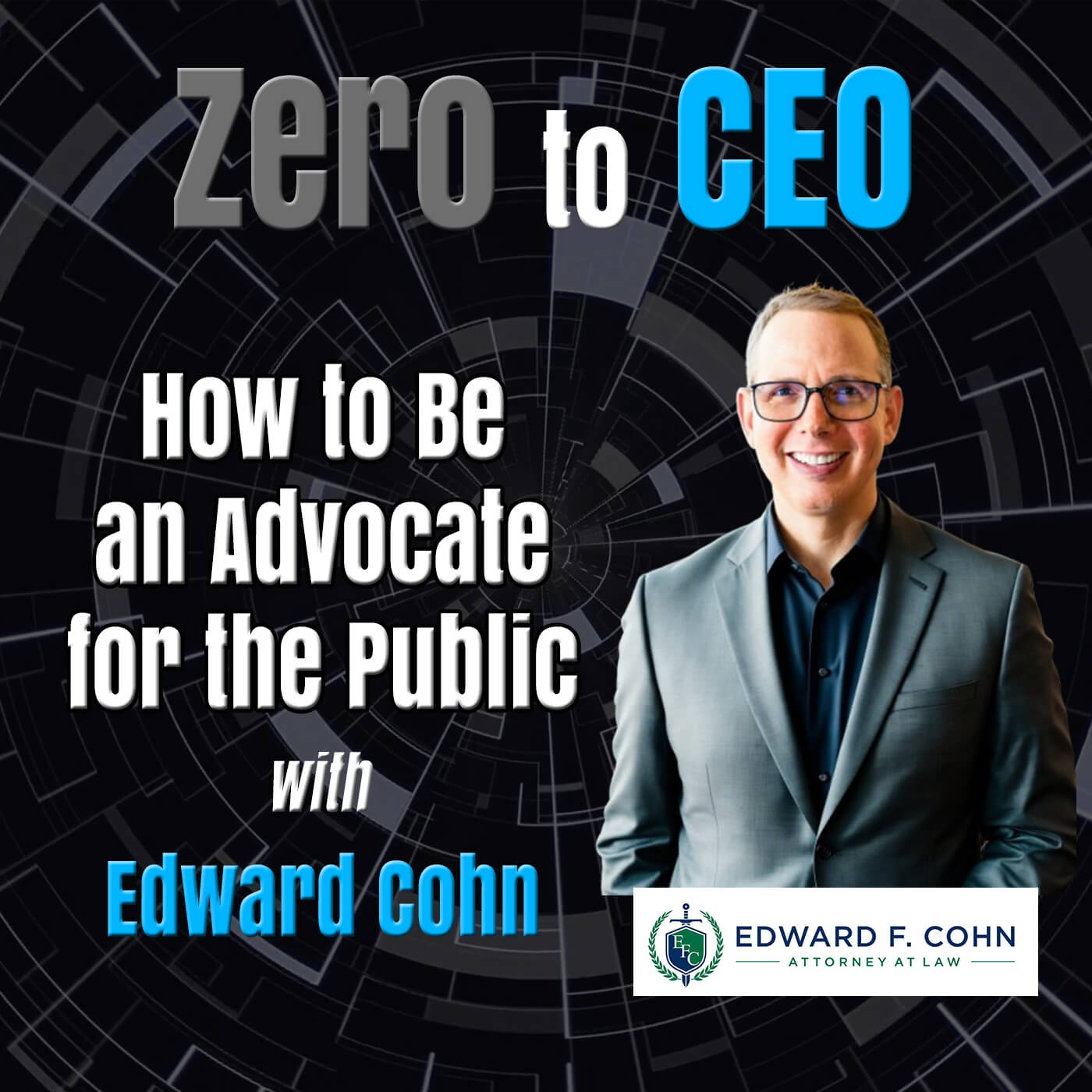100th episode: A retrospect of the last 20 years

Today I’m celebrating my 100th episode for Strap on your boots. I’ve been hosting this podcast since 2018 and my YouTube channel since 2015. A lot has happened in all these years. So I wanted to take this opportunity to do a recap of the accomplishments I’ve achieved, the goals I’ve reached, and the things I’ve learned along the way. If you’re a listener of my series, then you’ve heard some of them, but in this episode, I get more detailed and retrospective. So I hope you’ve enjoyed my series so far all these years and strap on your boots for the next 100 episodes, because I’m going to keep going.
Listen to the Podcast episode here:
Or Watch the Video here:
Here’s the transcript from this podcast episode, please excuse any typos!
So first, I want to just kind of touch on the things I’ve done because a lot of people asked me, not only how I’ve been able to accomplish so much over the past 1020 years, but what does it feel like? And it’s always an interesting question, because, you know, when you’re the person doing these things, you don’t think about it too much. It’s hard to explain but as I look back, I’m also amazed, believe it or not, at the three movies I’ve made: the Bucks County massacre in 2010, the Kingshighway in 2016 and recently cutting corners in 2020 2021. How How does it feel that I made these three feature x movies documentaries, winning a total of four Film Festival Awards, winning awards at other organizational ceremonies, getting a day named after me by the governor of Pennsylvania, the House of Representatives I mean, these achievements are mind blowing showing the movie at the Kimmel Center for the Performing Arts in Philadelphia. I mean, that was a huge moment for me. And when these things kind of happen when you’re involved in these award ceremonies or premieres, or red carpets to film festivals and things like that, it’s kind of surreal. You know, you don’t really, you know, it’s hard to process it because you’re like, Well, wait a minute, I made this movie and now it’s winning awards, and now millions of people are watching it. You know, speaking of which, the Kingshighway when I got the licensing deal through why why PBS and all of their sister channels through millions of homes around the country. Mind blown, I was like, how is my movie being shown to millions of homes for a whole year? You know, and
The feeling is overwhelming. It’s fulfilling, it’s extremely, it’s hard. It’s pure happiness, pure joy, pure ecstasy. It’s exhilarating because you put so much work into these different works of art, these films or apps or books or courses or podcasts or YouTube channels. Any of these things that I create. And when people watch them or people use them, or people listen to them, and they give me feedback, or they give me suggestions or they tell me what they thought of it or they told me how it inspired them and how it made them get through a rut where they were stuck somewhere and I help them get through it. That’s what I look for. That’s what I hope for. That’s what I aspire to, you know, this is why I aspire to create these things because I want to show people that there is an outlet for your creativity. There is a way to get through the barriers that you have. So as I look back and I’ve been thinking about this a lot, especially during the pandemic, it takes time to create anything. When people get excited about a new idea. I know that feeling I used to be a 20 something year old kid that would get so excited about this idea and that idea and the other idea, the next idea and I get excited about five to 10 ideas in a week. And I start jotting them all down and I start trying to work on them and making outlines and mock ups and back then we didn’t really have much of the internet available for us to create them so it was all kind of pen and paper type stuff. And I realized, now of course, looking back, I realized how much time it actually takes to create just one of those ideas. So something I learned over the years and I tried telling this to people all the time and I said it in my podcast before is you need to commit to a project for a long time. Especially when it’s a movie or an app or something that requires a lot of intense product testing, a lot of collaboration.
A lot of people that you have to work with a lot of you know testing basically going back and forth and figuring out what works and what doesn’t a lot of pre production planning and shooting or creating or development. I mean, every single industry whether it’s writing a book, making a movie, building an app, creating an album, making a course creating a podcast, I mean, every single thing I’ve done, they all take time, minimum of one year, and that’s something I learned is that it really does take about one year to create something and maybe not the best version of that thing, but it takes about a year to create it to have some sort of version of it that is tangible that you can hand off to people and show that. So if I could go back in time and tell my 20 year old self some advice, I would tell that kid Hey man, whatever ideas you have, pick the best one and focus on that one idea for a year and do that every single year after that, because I didn’t do that. The reason why I’ve been able to accomplish so many things is because I was slamming to three you know I was cramming two or three things into one year. And I was knocking him out. I was writing a book, I was taking a course, and I was making a movie all in one year. I was building an app, running my podcast, making another movie all in one year. I was teaching a course getting licensing deals. You know, I was just doing all these things in one year and it worked for me because I was able to do it. I was able to manage it.
But in retrospect, I burned myself out so many times. It definitely took a toll on my mental health, my physical health. And, you know, I’m not gonna say that I would change anything but if I could do it all over again. I probably would just take my time doing one project at a time. So that’s the main thing I learned. As I look back to the beginning of my tech startup days, and yes, instant more has always been my baby. I started building in 2013 but I had the idea for it in 2004–2005 when webcams were the thing, not smartphones, so that’s why I didn’t build it. But as time went on, and I started to meet people or old friends resurfaced, I started working with them as co-founders. This is now 2009 2010 2011, the beginning of the smartphone era.
We weren’t building apps yet. We were still building websites. But something I learned that is very important is that I worked with a lot of different people on a lot of different projects, and none of them worked out. And I want to say the main reason was the people that I was working with, didn’t bring any skills to the table. And no offense to anybody who I worked with in the past. You know, I consider everybody a great person. You may be good at certain industries or good at businesses or things that you’ve done. But working with me and these tech startups, I didn’t find it to be beneficial as a team as a collaboration. I found it to be very one-sided where the brunt of the work fell on me because I was the tech person and I was the marketing person. I was the design person. I was a business person. I was doing all these different things at once. And all they would really do is give their feedback. And when you work with a co-founder, they really have to pull their weight. So something I learned and I wish I had stuck to my guns back then because I would have saved a couple of years of time that I spent or wasted with people that really didn’t help out was to just focus on a project on my own and get it done as far as as far as long as I can until I need someone to join my business.
It’s a great example of this. You know, I worked on it by myself. I cobbled together a prototype in 2013 with the help of a high school student who was a programmer, and I was able to get users on the app. So I immediately bypassed all that co-founder stuff where I had to like work through the design work through the features work through this another thing No, I built it. And then I started getting people that wanted to join the team. Because they saw that I was already accomplishing the goal. I was already building the app. So I knew deep down in my gut that building the app on my own first. Finally After many failed attempts at building websites with co-founders, it was the right move. And it turned out to be the right move. So again, what did I learn? I learned? Listen to your gut. Listen to your heart. What do you feel is the right move? Do that. Don’t listen to other people who say they can bring things to the table. Don’t listen to people who say they can help you when they want to be a part of your business, especially when they start talking about legal contracts and hiring lawyers. And when they start talking about money and they know you got to distance yourself from all those people. Focus on the people who truly feel and understand the vision. That’s all that matters is that they’re passionate about your idea. They’re passionate about what you’re building, because if they are, then you’re on the same page, and you won’t argue about lawyers and money and contracts.
Well, I think that’ll come down the road as you start to establish something legitimate. And the thing is, even after building Instamorph, even after raising money for the business, even after getting almost 500,000 users for the company in the mid 2010s was around 2014 1516 at that range. We still struggled to gain critical mass, which made me realize wait a minute, even with a killer app funding a fantastic team, graduating an accelerator getting in the news constantly. It’s still really really really hard to get your app to go viral. Like everybody says I want to go viral. But we say Critical Mass getting critical mass getting a million users, it’s so hard to do because there are so many apps out there. The companies that have these apps already have billions of dollars, so they have tons of marketing money to throw at every kind of advertisement. So you’re battling all these companies and so I learned the hard way I learned the hard way that just building an app isn’t good enough. And this is something that everybody needs to hear. This is a hard truth. I learned it and you need to learn it. Just building an app is not enough. Just writing the book is not enough. Just creating an album is not enough. Just making a movie is not enough. Making a podcast or a YouTube channel or any business is not enough. That’s just half of the battle. The other half is marketing. It’s getting it out there. And it is time consuming and expensive. It’s a daily grind. And if you’re not ready for it, you’re going to give up pretty quickly. So be prepared for not just building your product, but getting it out there. And one of the main things that I realized really made me feel like what I’ve been doing all this time was worth it was giving my knowledge to people. So this podcast, my YouTube channel, I book strap on your boots, my course startup essentials, all of the offerings I have online for people to listen to and watch to learn.
I realized none of this matters. If you don’t give back, pay it forward. Give your knowledge to people, help people mentor people. If people ask you questions, answer them. people reach out to me all the time. I need help with this idea. What do you think of this app idea? I’m trying to write a book. What should I do? I’m trying to make a course. What should I do? I want to make a movie. How do I make it, you know, a million questions I get from people all the time. And I’m constantly helping them in any way that I can. I usually listen to my podcast, watch my YouTube channel, buy my book, take my course and even give out free codes. If you want a free code to my course. Let me know I’ll give you a free code. You can take the course for free. I don’t mind because again, it’s all about helping people, right. It’s all about giving my knowledge to people so that it’s not just in my head.
It’s so that you can use it to succeed in your projects. And that’s the main thing I learned in all these years. It’s fantastic. It’s fulfilling. It’s incredible. It’s exhilarating to reach all these amazing goals and accomplish all these achievements. But without people around you to share those achievements and to share that knowledge and to also exceed their expectations and to you know, reach the goals that they have and who cares. So don’t be selfish. You know, put yourself out there to be a mentor. It’s not all about you. It’s about everybody else. The world needs us as much as possible. Especially now the pandemic and war and climate change and all the issues we have. We have to spread positivity as much as possible. And I just want to say one last thing. It has been a true honor for me to have you as the listener. Check me out every week and listen to my episodes and share them online. And I really want to say it from the bottom of my heart. I truly appreciate the support I’ve gotten from everybody. So thank you so much for making my podcasts and my youtube channel all my services, all my offerings a reality by promoting them for me and telling people about them. It really means a lot to me. And that’s pretty much it. That’s my retrospect for the past 10-20 years, and hopefully you have a passion for something . Hopefully you can achieve some goals that you have set for yourself. You know, I’m always here to help you. So reach out. I always respond to comments or emails or social media, comments or anything that you send me. I respond because I’m there for you. And as always, I will see you in the next episode, Episode 101. I can’t believe I’m saying it.
![]()






